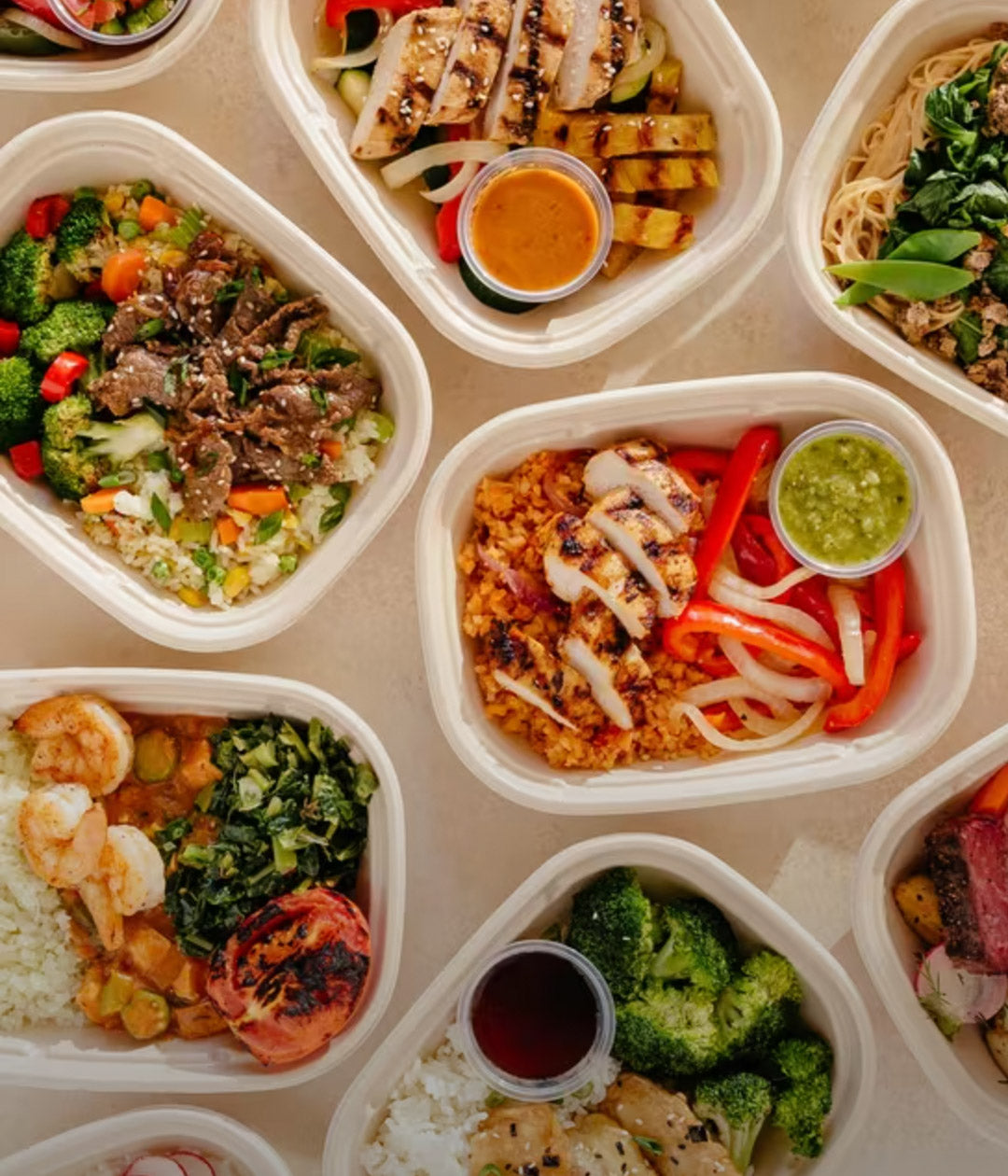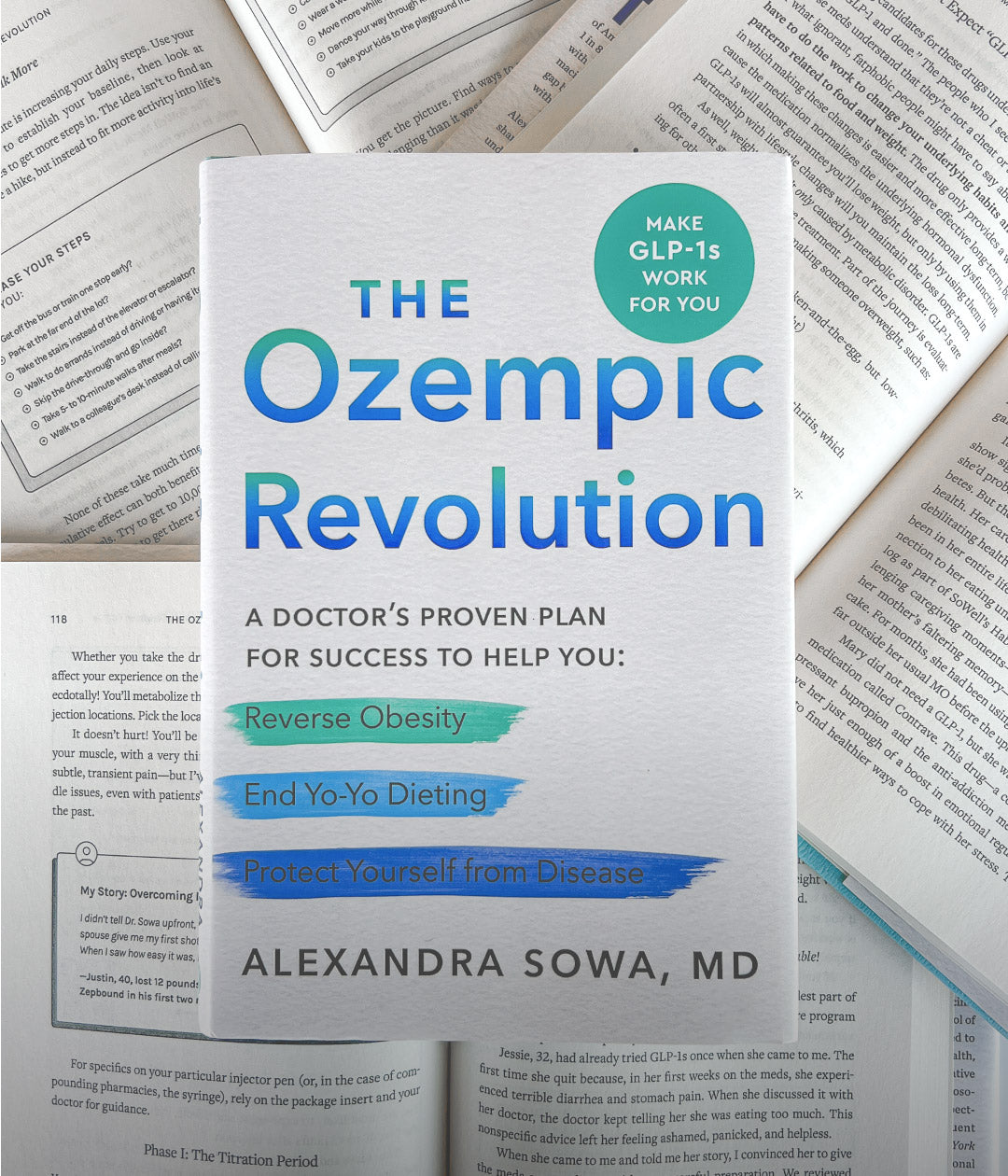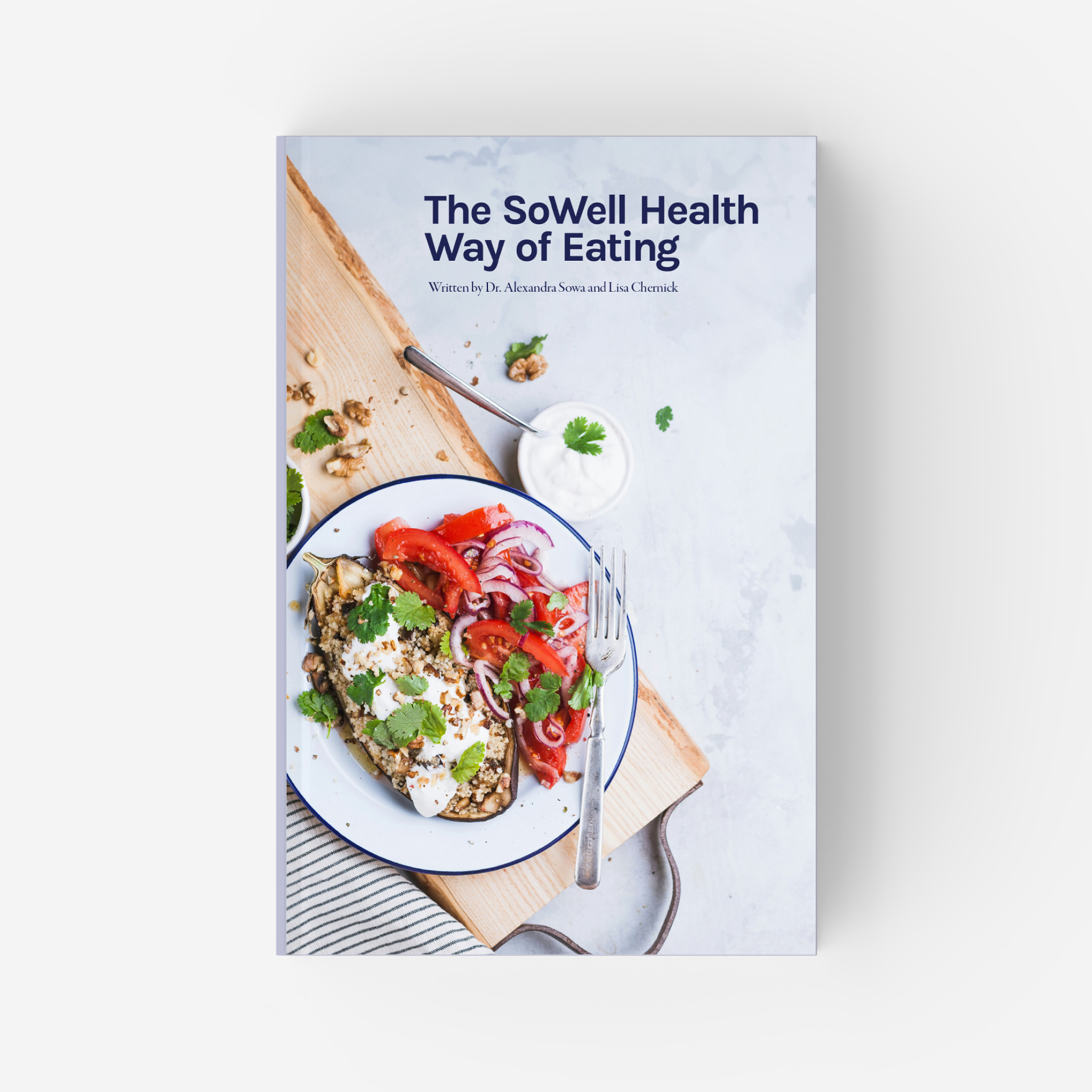
What is Emotional Eating?
Not all eating is to satisfy physical hunger. For many of us, food can be used as a reward, to comfort us, or to relieve stress. When our eating habits are closely tied to our emotions, we often tend to ignore healthy options in lieu of junk or comfort food. Ignoring our hunger cues and eating with our emotions can often lead to us overeating, feeling guilt or regret, and building unhealthy habits.
Take the Emotional Eating Assessment to evaluate the health of your eating habits and your relationship with food. Keep in mind that this assessment is not diagnostic, but it will help you realize whether or not you should pursue a deeper inventory of your relationship with food.
If your assessment indicates that you may have abnormal eating behaviors, one of the best ways to start limiting emotional eating and to get a better understanding of your hunger cues is to look at a hunger scale while logging your food and emotional state. For your convenience, check out our Food Log & Hunger Scale to get started.
Bring your Food Log & Hunger Scale as well as the results of your Emotional Eating Assessment to your doctor to discuss the results. Your doctor will be able to recommend potential treatment options or next steps.





